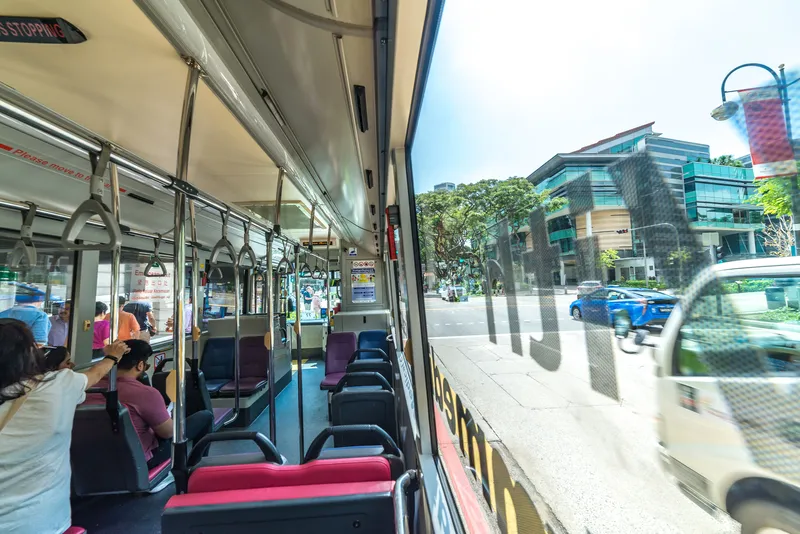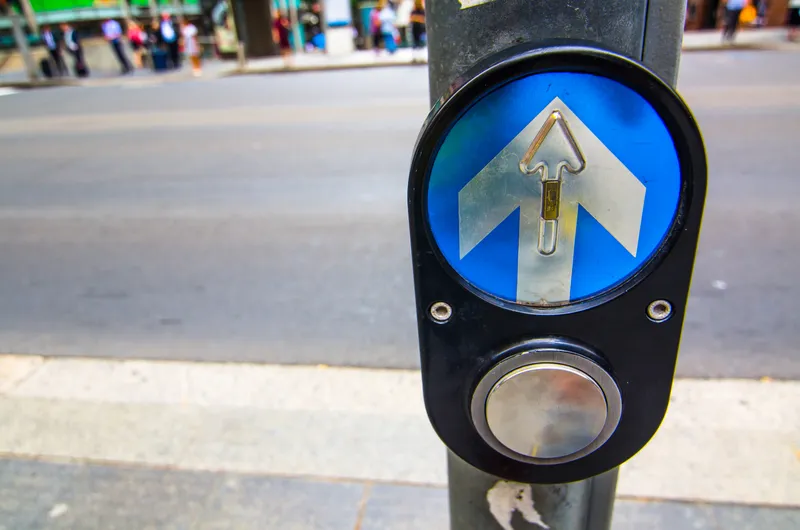Singapore’s Land Transport Authority (LTA) has introduced an initiative to help distribute peak hour transport demand by encouraging commuters to adopt alternative modes of travel.
By Ben Spencer
February 19, 2020
Read time: 1 min

The Travel Smart Journeys initiative is available to residents in the towns of Punggol, Sengkang or Buangkok who travel to eastern Singapore for work. Commuters who take the North East Line or the Sengkang-Punggol LRT lines toward the towns of Payar Lebar and Macpherson can receive cash rewards if they switch to the 43e bus instead.
Users can sign-up on the SimplyGo portal to start earning 150 points per trip (equivalent to $1.50), when taking the 43e from 7.00 am to 9.00 am on weekdays. Those who earn a minimum of 500 points can convert points into $5 rewards in their travel cards.
LTA may expand the initiative to other bus services following a review of the trial.










